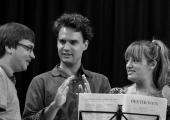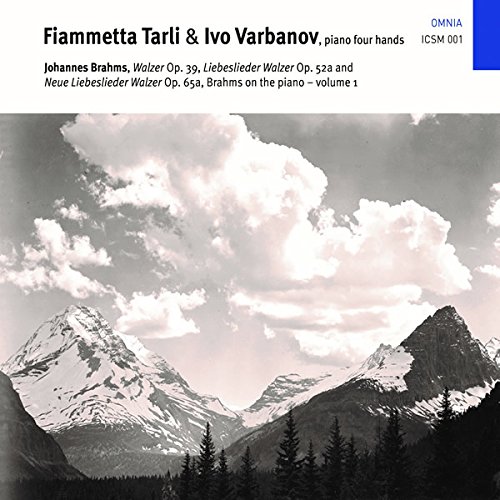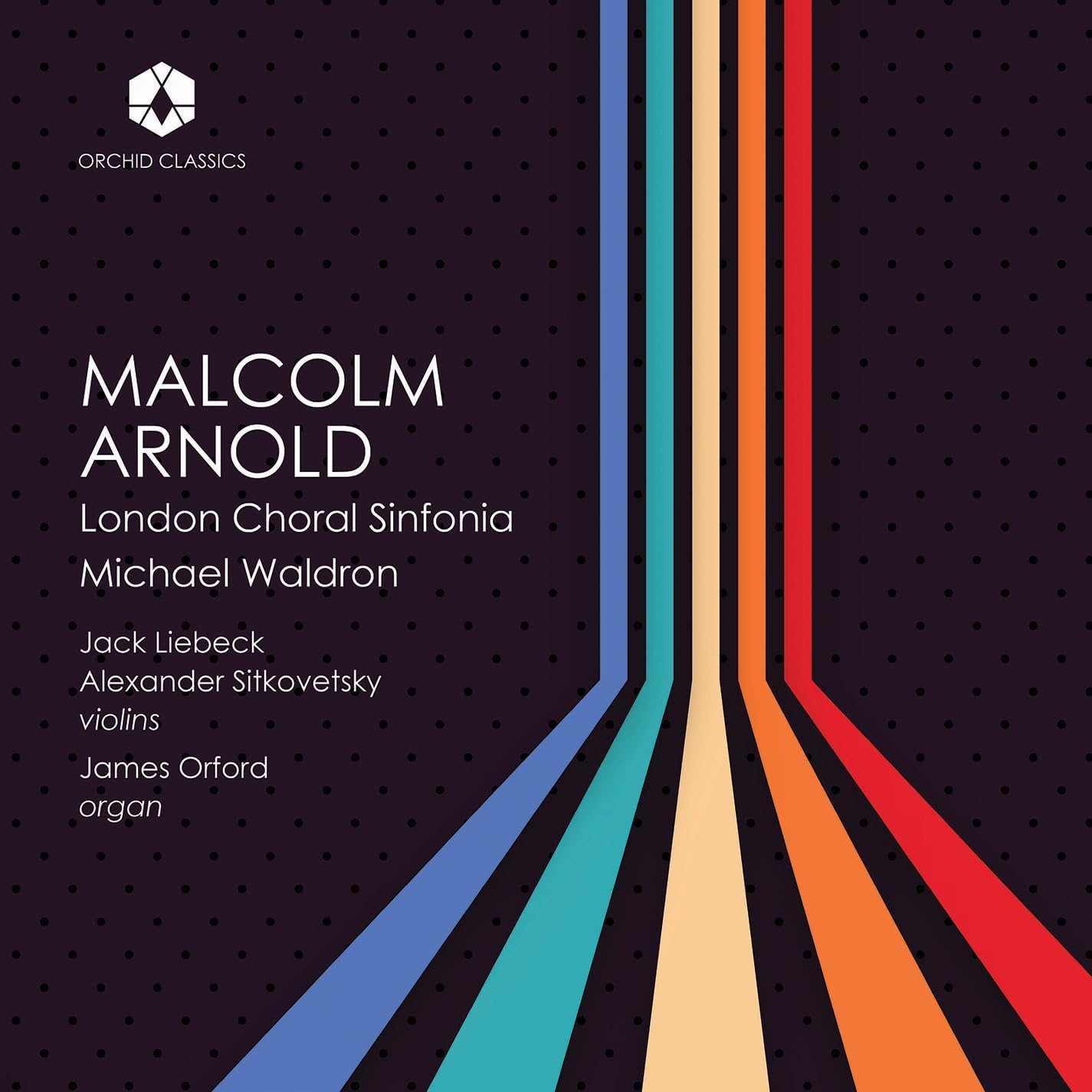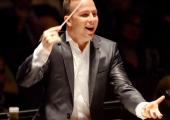Prom 73: VPO, Bychkov
Viennese Brahms may be placid, but a late-romantic rarity goes straight to the heart
Every Proms season needs a late-romantic rarity to envelop its audience in a bewitching spider-web of sound. This year’s candidate was of more than passing interest, the incandescent Second Symphony of Franz Schmidt, scion of the Austrian Empire – born in what is now Bratislava, three-quarters Hungarian, an embattled cellist in the Vienna Philharmonic during Mahler’s tenure. The orchestra now wants to do him proud again, thanks to the very centred championship of Semyon Bychkov. And Schmidt’s music has the virtue of not being over-familiar to the Viennese players, unlike Brahms’s.



 Brahms: Complete Waltzes for Four Hands Fiametta Tarli & Ivo Varbanov (ICSM Records)
Brahms: Complete Waltzes for Four Hands Fiametta Tarli & Ivo Varbanov (ICSM Records)
 Malcolm Arnold: Symphonies 1-9 London Symphony Orchestra/Richard Hickox, BBC Philharmonic/Rumon Gamba (Chandos)
Malcolm Arnold: Symphonies 1-9 London Symphony Orchestra/Richard Hickox, BBC Philharmonic/Rumon Gamba (Chandos)

